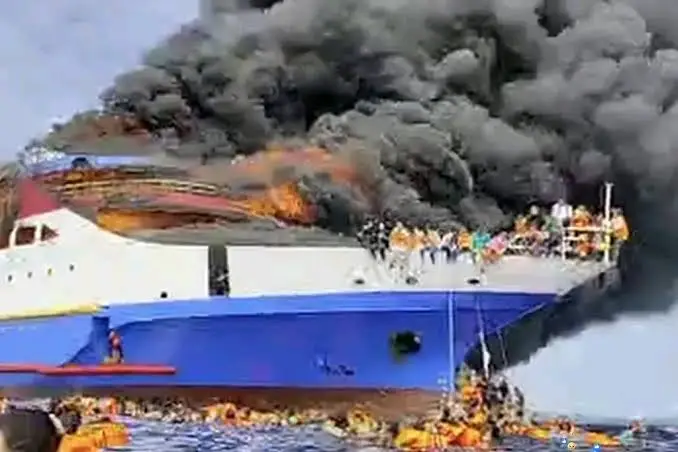
President Donald Trump’s recent regulatory freeze has introduced significant uncertainty and disruption across various fisheries. This 60-day suspension of new regulations has
particularly impacted East Coast fleets targeting species like cod and haddock, leading to concerns about delayed seasons and potential overfishing.
The National Oceanic and Atmospheric Administration (NOAA), responsible for managing coastal fisheries, has been directly affected by this freeze.
Key meetings essential for setting catch quotas and opening seasons have been postponed, creating a chaotic environment for fishermen who rely on
timely information to plan their operations. This uncertainty threatens the livelihoods of those in the $320 billion U.S. fishing industry.
Compounding the issue, the Department of Government Efficiency (DOGE), under the Trump administration, has mandated budget cuts that hinder environmental initiatives within the fishing sector.
Fishermen aiming to adopt lower-carbon emission systems are now facing financial challenges due to rescinded federal commitments.
These funds were previously allocated for replacing outdated diesel engines and at-sea cooling systems, crucial for reducing the industry’s carbon footprint.
Environmental advocates are sounding alarms over the potential catastrophic effects of these budget cuts, particularly concerning the Great Lakes region.
The elimination of services such as invasive species management and the monitoring of lake conditions threatens the health of ecosystems that support over 40 million people.
The dismantling of treaties with Canada, which manage the lakes, adds another layer of concern, potentially reversing years of environmental progress.
The seafood industry, already grappling with these regulatory challenges, is also wary of potential trade tensions under the Trump administration.
Economic analysts caution that disputes with major trading partners like Canada and China could lead to increased seafood prices and disrupt the industry’s stability.
Additionally, tariffs on imports may further impact prices and availability, complicating the industry’s efforts to maintain a steady supply chain.
Fishermen express frustration over the lack of clear communication from federal agencies. The sudden policy shifts have left many in financial limbo, with some projects aimed at environmental sustainability now in jeopardy. This uncertainty undermines efforts to modernize the industry and adopt more sustainable practices, posing long-term risks to both economic viability and environmental health.
As the situation unfolds, stakeholders across the fishing industry are calling for clarity and stability. The intersection of regulatory freezes, budget cuts, and potential trade conflicts presents a complex challenge that requires coordinated efforts to ensure the sustainability and prosperity of U.S. fisheries.






